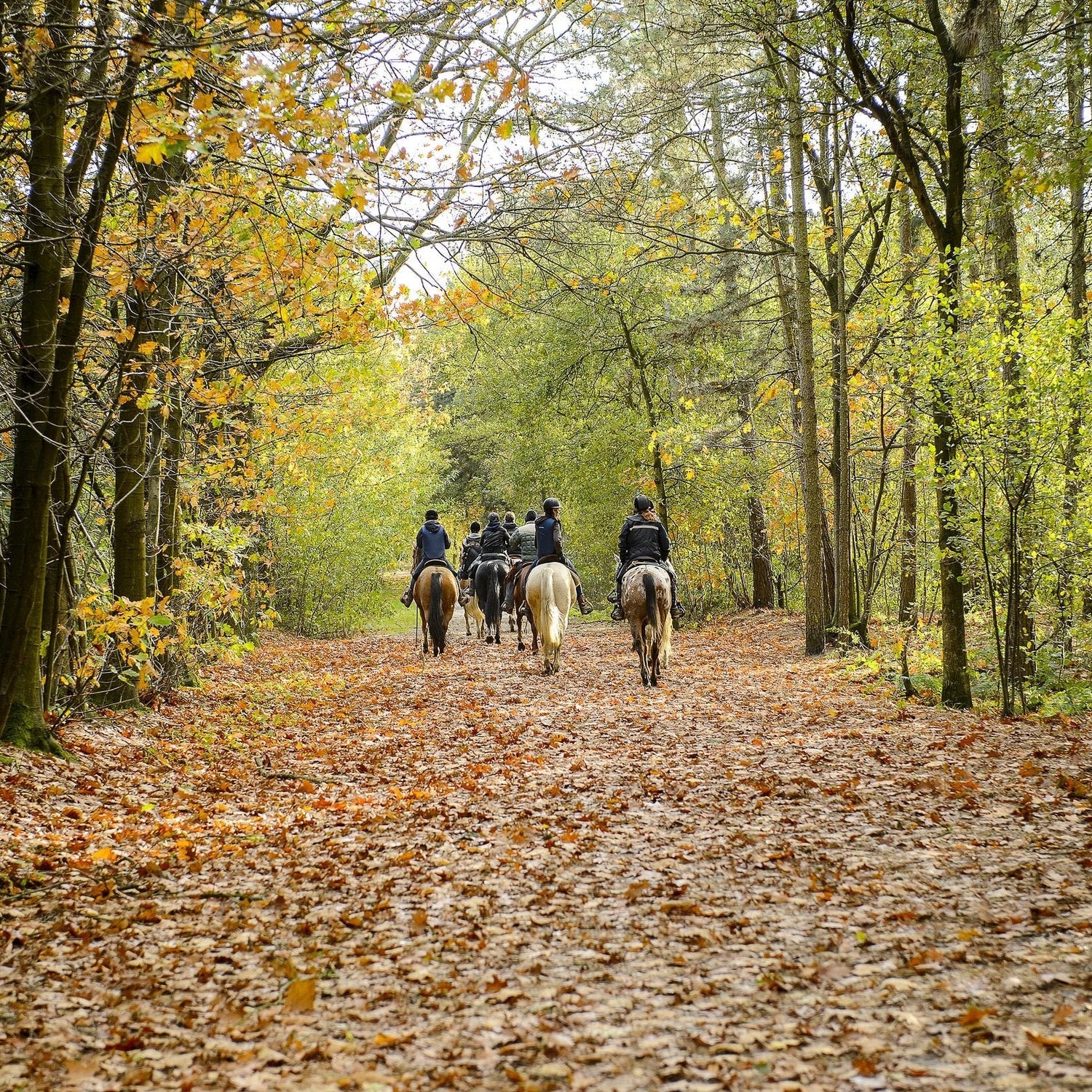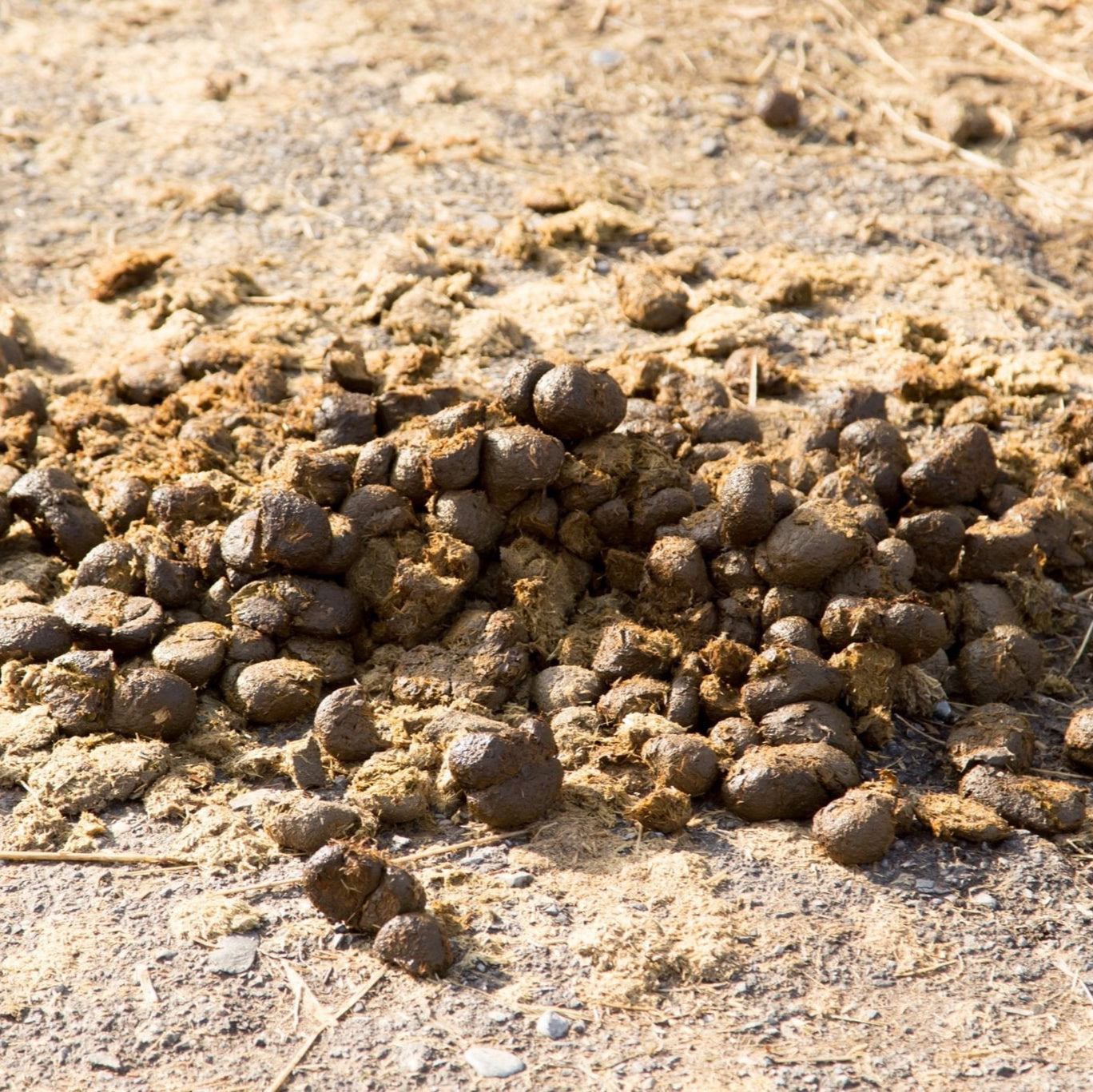From Summer to Winter: Essential Horse Care Tips for Gut Health & Nutrition
The change from long, sunny summer days to the shorter day length and cooler temperatures of autumn into winter means change for our horses and ponies. Change is inevitable whatever their regime, but for those increasing their time stabled at this time of year the changes are significant.
Maintaining gut health through the move from autumn to winter
Bringing in for Winter If you are moving from 24hr turnout to stabled overnight it is important to take steps to make those changes gradually. A sudden move indoors can be a real stress to both digestive system and their mental health, and we know what that means ….?
Stressed mind = Stressed gut = Gut dysbiosis
Sudden changes upset the horse’s hindgut microbiome which can result in gut stress seen as:
- Loose droppings
- Change to number of droppings
- Behaviour change
- Colic
These factors are on of the reasons that winter is a key time for colic, and of course if you suspect colic you should consult your vet immediately. However, long before we get to that stage we can take steps to ensure we minimise the risk.
Introduce forage to the field
Start feeding your horse’s winter forage, whether hay or haylage, whilst still in the field. Starting with smaller amounts whilst grass is still available, and increasing gradually, allows the hindguts microbes time to adjust to this major change in the diet.
Gradually increase time indoors
Coming into a stable for longer is a challenge, as it inevitably involves a dietary change, together with reduced movement – as we know horses take far fewer steps indoors than out. The reason that matters is that horse’s guts work most efficiently when nibbling regularly and gently walking.
Start by bringing them in for an hour or two and extending it a bit longer each day helps smooth the change.
You can lead a horse to water, but you can’t make them drink!
A well known saying, with more than just a degree of truth about it. However, it is vital they drink water, or we risk serious health issues like dehydration and impaction colic.
Unfortunately horses naturally tend to drink less over winter and there are a couple of reasons for that. Firstly their natural diet of fresh grazing and herbage contains much higher levels of moisture than winter forage, as can be seen in the Dry Matter information below.
Dry matter of fibres
|
|
Fresh grass |
Haylage |
Hay |
|
DM % |
15 - 20 |
30 - 50 |
80 - 90 |
|
= Water content% |
80 – 85% |
50 - 70 |
10 - 20 |
From this we can see that if we simply swap their natural daily grazing to hay they go from gaining all their water requirements (for maintenance) from grass alone, to receiving almost none from the hay. They won’t necessarily compensate sufficiently by drinking alone, as from an evolutionary perspective they are designed to get significant water from fresh forage, and they’re not so easily triggered to drink as we are. We can help that by ensuring they always have access to a salt lick, and adding electrolytes to feed after work, as the additional sodium does help them to drink.
A short hay soak in clean water can add moisture back into the diet and help manage dust, without impacting the feed quality of the hay. Or simply ensure feeds are mixed with plenty of water as another way of encouraging intake.
For further information you can read our blog on soaking hay.
Secondly, research shows that horses are not overly keen on very cold water, and so water that is too cold can put off intake. For stabled horses consider wrapping buckets in old rugs, or banking up clean bedding to act as insulation.
Feeding challenges
This year as we head into winter we face some unique challenges. Many horse owners have found themselves already supplementing grass with hay or haylage over summer, and with yields well down in drought affected areas there is the potential for forage shortages over winter. The issue for horses, of course, is that they rely on a forage focused diet to maintain good gut health. A high fibre, forage diet not only naturally aids digestion, but also helps to keep them warm over winter, as digesting fibre produces over twice as much body heat as the same amount of cereals.
Therefore it is important that we keep the diet fibre focused whatever the challenges.
- Secure winter forage sources early, if possible
- Reduce wasted hay where possible
- Monitor body condition score and don’t over-provide. This will help prevent waste and weight gain
- Consider forage replacers, i.e:
- Chaff
- Grass nuts
- Good quality straw mixed into hay
Targeted nutrition
Whatever the challenges of winter, using targeted nutrition can help maintain a healthy digestive tract throughout the season ahead. Different key ingredients will have different activities, so look for a complementary blend for total tract support.
It is advised to feed supplementary support throughout the winter to support fibre digestion of preserved forages, particularly if also regularly spending time stabled. If your horse does have to experience any change of routine, due to adverse weather, box rest or even just change of forage supplier, try to make changes as gradually as possible, and increase the level of supplementary gut support as necessary.
Prebiotics, Probiotics and Postbiotics
By providing a complex of all three we provide optimal support to their microbiome right along the tract, and particularly in the hindgut.
Psyllium
Herbal support of the digestive system, for a healthy mucosa and natural passage. Particularly useful in cases of accumulation, such as sand or soil
L-Glutamine
Supports the mucosal lining of the gut
Mycotoxin binders
i.e. Bentonite clay, or similar. Harmlessly flush out mycotoxins found on all feed, including concentrates, forage and grazing
Antacids
Help to maintain a naturally healthy pH across the gastric region.
Get winter ready
Now is the time to prepare. By getting organised for winter in advance, with good quality forage, a suitable baseline diet for your horse and targeted gut support, you can ensure you are minimising the challenges of this 2025 season, and equipping your horse with the nutritional tools he needs this autumn and winter.
Selected references
- https://www.fcgagric.com/2025/09/01/2025-summer-drought-has-pushed-many-uk-farms-to-breaking-point/
- Kristual M.A. & McDonnell S.M. (1994) Drinking water temperature affects consumption of water during cold weather in ponies. Applied Animal Behaviour Science. 41 (3-4) p155-16
Written by: Kate Hore, Head Nutritionist. RNutr (Animal), R.Anim.Technol (Cert), BSc(Hons). – Find out more about Kate and out Technical Team HERE.



